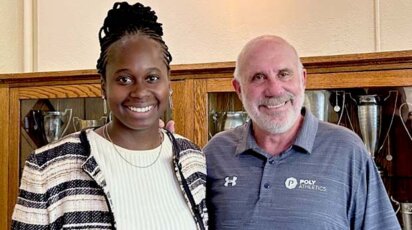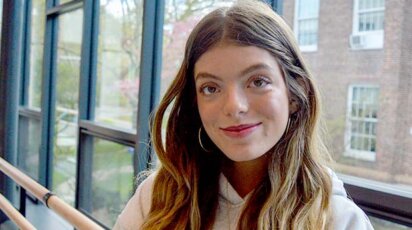News
Summer took our faculty, who are lifelong learners, hiking through Glacier National Park in pursuit of knowledge about climate change and abroad to learn new ways to teach French, which they will share with their classes this year.
A Passion for Wild Spaces
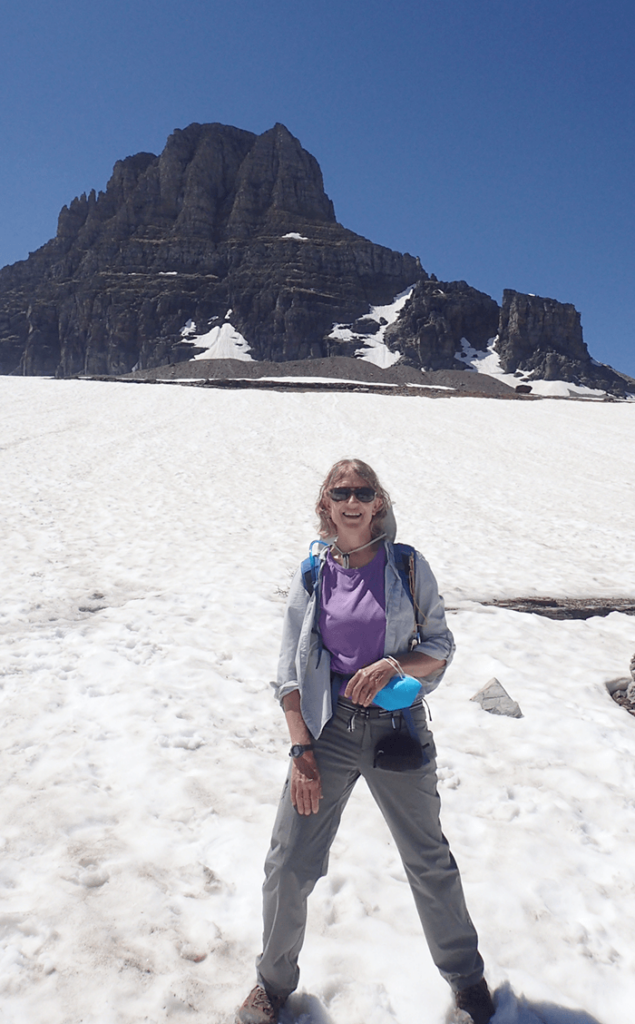
Middle School science teacher Debbie Van Ryn traveled to northern Montana for a guided adventure in Glacier National Park. She used a teaching and learning award she received from Poly to pay for the hiking trip, which included evening programs about glaciers, wolves, and climate change.
“We spent five days hiking amazing trails and learning about the natural history of Glacier, and one day rafting and exploring,” Van Ryn reports. “In particular, we learned about the importance of water in sustaining this ecosystem, and the problems that will be caused. In the evenings we had scientist-led programs, including a wolf scientist, who taught about wolves by acting out wolf behaviors, a geologist that summarized formation of the park through the phrase, ‘silt, tilt, slide and glide,’ and a portion I led with an overview of climate change followed by discussion of action.”
“Seven days in this amazing place rejuvenated my flagging spirits and I came back ready to approach the new school year with excitement and vigor,” Van Ryn said. “I hope to share with my students the joy I feel in wild natural places, the concern I have for ecological changes occurring due to climate change, and the possibilities for solutions to environmental problems.”

Helping Students with Dyslexia Flourish
After her participation in a two-part Dyslexia Certificate Program from the Dyslexia Training Institute, which was financially supported by Poly, Julie Lee, Lower School Learning Specialist, is excited to share what she learned with the Lower School community and how it can improve the way they assess, teach, and deliver interventions. She explained that about 10-15% of the general population has a reading-based learning disability and of those individuals, 80% has dyslexia.
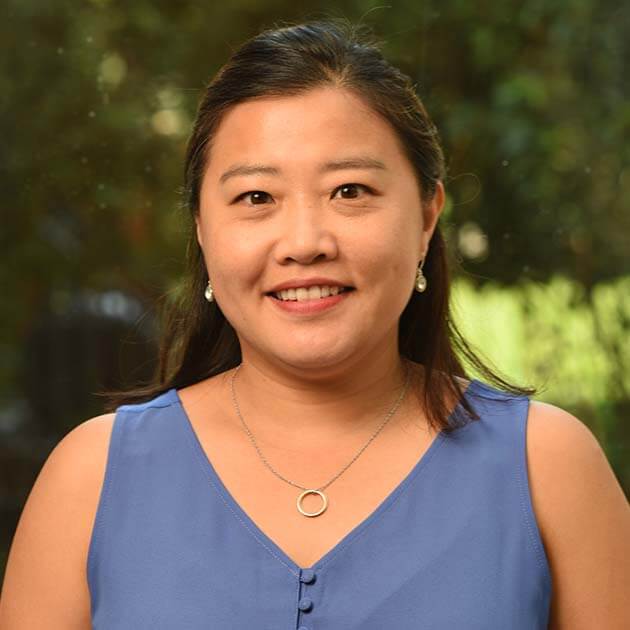
In the first part of the course, which was conducted online, Lee said she learned, “how to screen for dyslexia and how to notice red flags for students who may be vulnerable to dyslexia. We also learned to use the Orton-Gillingham approach, which is an evidence-based approach for remediation to help students with dyslexia learn how to read and to spell.”
In the second part of the course, Lee will work with a student who is struggling in reading who may benefit from remediation strategies using the Orton-Gillingham approach. During her practicum, she explained, she is connected with a mentor instructor who will oversee her work in planning and teaching lessons using the Orton-Gillingham approach with a student who has not been exposed to this approach before. “This approach is an evidence-based approach used for people with dyslexia as a remediation tool,” she said.
“As for this fall,” Lee said, “I am excited to at least get the conversation started with our Learning Department, our dean, and ultimately the teachers in screening for and supporting students who may have dyslexia.” She added, “With the right screening and intervention, people with dyslexia can be highly successful and there are many prominent people who have dyslexia. In fact, Mayor Eric Adams has dyslexia and he is planning to implement a universal dyslexia screening in NYC public schools which is very exciting!”
Changing Perceptions with SciComm Skills
On August 11 and 12, Chair of the Science Department Ramesh Laungani ran a virtual workshop on Science Communication for female scientists from 14 different African and Asian countries in partnership with the International Foundation for Science.
Making science understandable to a variety of different audiences has been a longtime passion for Laungani. He explained, “This workshop is the second one that I have done in partnership with IFS to help female scientists from the global south, particularly Africa and Asia, to develop their broad scientific communication (SciComm) skills. Conducting this workshop for the second time reinforced the importance of training all scientists to be able to communicate their own science more broadly to their communities. Whether it is climate change or COVID-19 or other emerging scientific challenges, ensuring that scientists can clearly explain their science to a wide variety of audiences by connecting with that community’s values will allow for better public understanding of science and will combat scientific misinformation that can often impede progress.” How will Laungani share this with his Poly students? “The goal of the workshop,” he said, “was for participants to create a 90-second video explaining what type of scientist they are and briefly their research focus. The videos from this workshop will be added to the growing library of videos in the 1000 STEM Women Project. The library will be shared with students from Poly to learn, not only about fields of science that they were not aware of, but to also change the perception of what a scientist looks like and to give them a more diverse perspective on the types of science being conducted around the world.”
La nouvelle chanson?
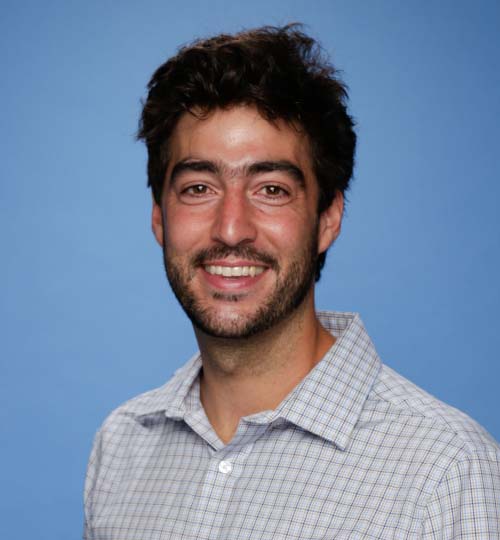
Middle School French teacher Christopher Tutolo participated in “an excellent pedagogical training” in La Rochelle, France, which focused on incorporating song into the foreign language classroom. It was organized by a French teacher training expert named Adrien Payet and the training was called FestiFLE. One of the songs Tutolo hopes to introduce to his students is a way to ask someone’s name, “Comment tu t’appelles?” Tutolo is considering options for sharing this with his students this year. He is still in the planning stage, but is thinking of a lip dub and the “students creating songs/podcasts of their own.” “It is something I’ll be trying for the first time,” he said, “after a PD opportunity that I was able to participate in thanks to support from Poly’”
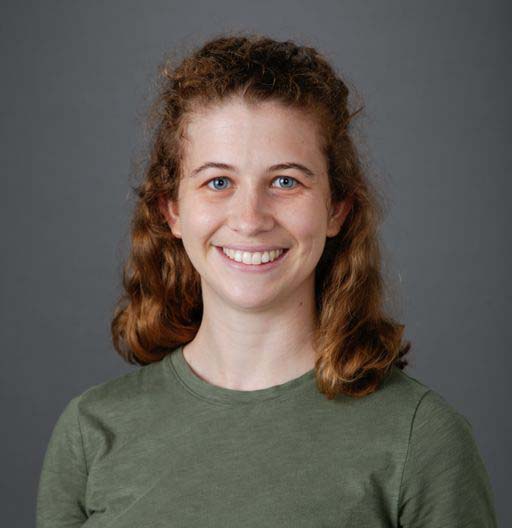
Tackling Misconceptions in History
History teacher Eliza Jimenez attended the Klingenstein Summer Institute for Early Career Teachers through Columbia University Teachers College. “This two-week fellowship allowed me to connect with other independent school teachers throughout the country, learn from experts in the field, and collaborate and engage in dialogue with fellow teachers around pedagogy and practices in the history classroom and through diversity, equity, and inclusion work.” The Institute was held in person at the Hotchkiss School in Connecticut, hosting over 80 educators from across the country and around the world.
“In terms of what I learned while working with my curriculum group that I plan to bring back to my own practice involves interrogating misconceptions that emerge while studying history,” Jimenez said. “Some questions that we focused on unpacking in particular were: ‘How do the prior knowledge and misconceptions of your students impact your ability to teach students effectively? If we agree that students have misconceptions about history, how can we determine what they are?’ At the end of the program, I collaborated with a small group of middle school history teachers to develop a mini unit plan and a project-based assessment centering around misconceptions that students may enter a classroom with about the validity, utility, and reliability of primary versus secondary sources. In particular, we focused on unpacking materials about the stakeholders involved in ‘Manifest Destiny’ and the range of cultural perspectives presented in both primary and secondary sources about this set of beliefs. Since examining primary and secondary sources is central to the middle school history curriculum at Poly and we spend a lot of time during eighth grade thematically focusing on questions around imperialism and ideologies, I am hopeful that I will be able to bring this work back to my history classroom.”
“Pursuing this opportunity was made possible by support and guidance from colleagues, including Michal [Hershkovitz], Maggie [Moslander], and Virginia [Dillon], who all wrote recommendations on my behalf during the application process.”
Roundtables & Problem Solving… Plus a Puppy
Math teacher Dr. Stephen Bates participated in the Exeter Mathematics Institute (EMI) at the Spence School. Poly supported Bates’ participation in this conference.

“I learned about how to better implement the Harkness method in my classroom,” Bates said.” The Harkness method is essentially a roundtable discussion where students are at the forefront of the conversation and problem solving, not the teacher. We solved many different Exeter-style math problems, recognizing the many ways in which they can be solved. In addition, we discussed ways to ask better probing questions and how to get all students to participate more regularly.”
Also this summer, Bates and his wife, Anna, adopted a puppy from North Shore Animal League. Norman is a 30-pound German Shepherd mix puppy who loves taking naps, chasing butterflies, and meeting new people and puppy friends.



